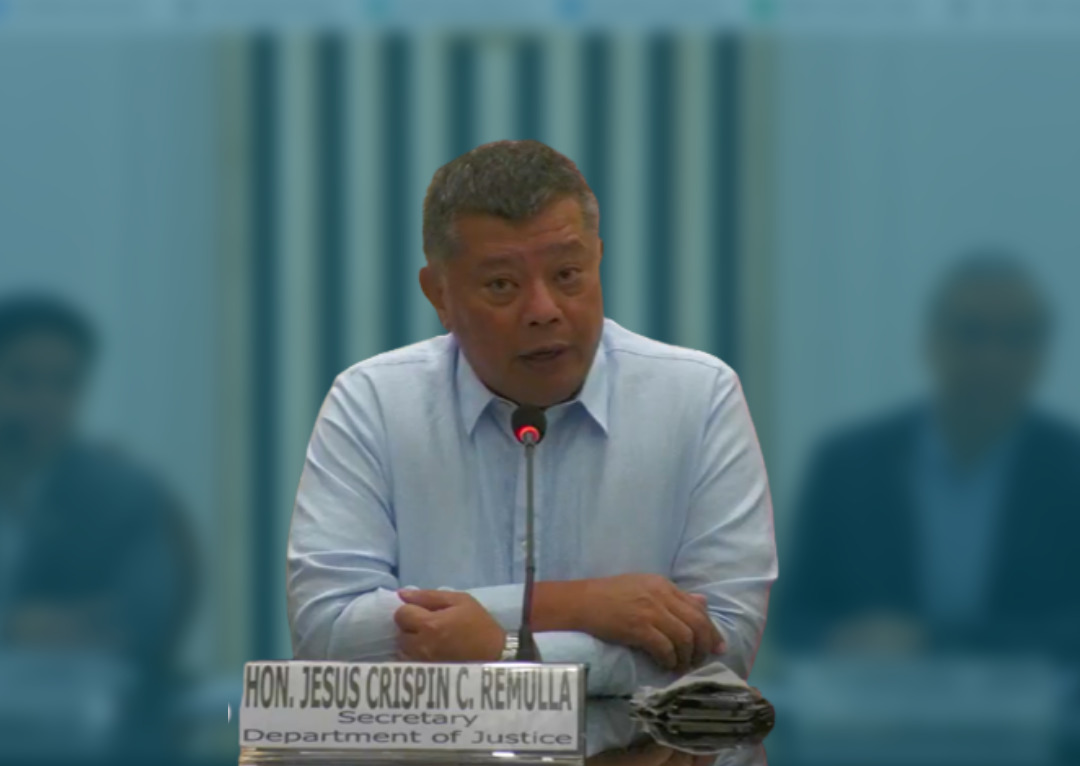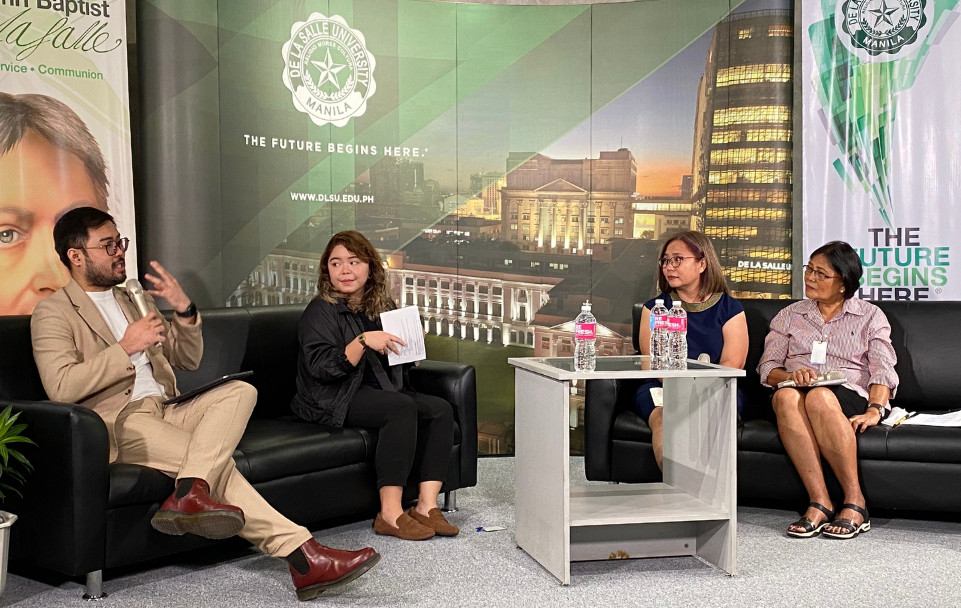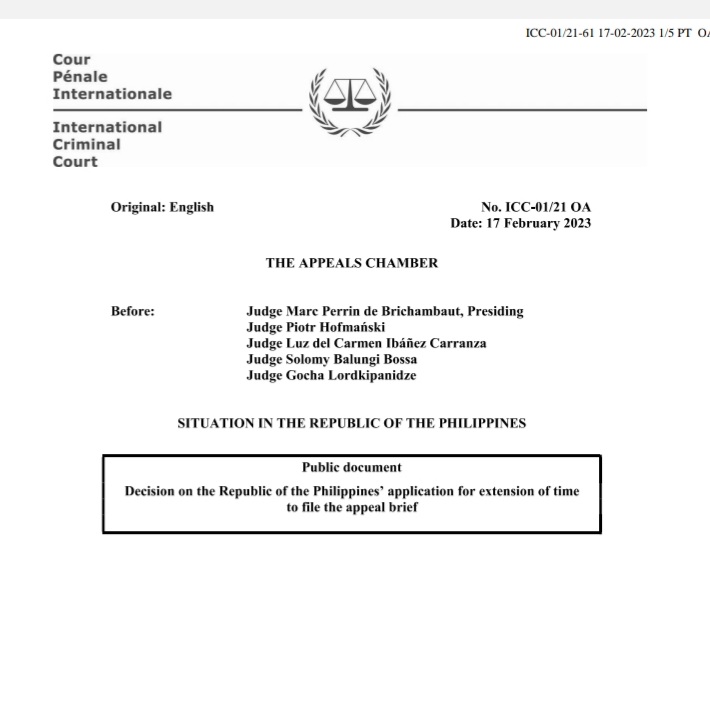By JOSHUA LANSANGAN, CLTV 36
ANGELES CITY — Former home of giant American military bases, Central Luzon has become almost synonymous with human trafficking, especially for sexual exploitation, for decades.
The opening of an international airport at the former US Air Force facility in Clark, Pampanga in recent years has kept anti-trafficking advocates in and out of government even busier as perpetrators have found a faster, more convenient way to transport victims for overseas jobs.
From 2000 to February 2013, trafficking victims from the region whose cases were handled by the International Organization for Migration alone stood at 160, accounting for one in six people the nongovernment organization has assisted nationwide for that period.
Trials, if the cases ever reach this stage, take years and are costly. Most of the time, prosecutors are able to present only social workers and police officers because victims refuse to appear before the court.
“The problem is because of poverty; complainants can be paid off not to talk. So we have no one to present during the trial,” said Assistant City Prosecutor Percival Atinaja, head of the anti-human trafficking special operations group in Angeles City.
Olongapo City Prosecutor Ria Susuco said other victims refuse to continue if they are being threatened.
But starting last September, the fight against trafficking in Central Luzon appears to have taken a turn—for the better.
The IACAT was set up in Central Luzon in September with more than 100 prosecutors at its disposal to scale up efforts to combat trafficking in Pampanga, Zambales, Bulacan, Nueva Ecija and Tarlac.



